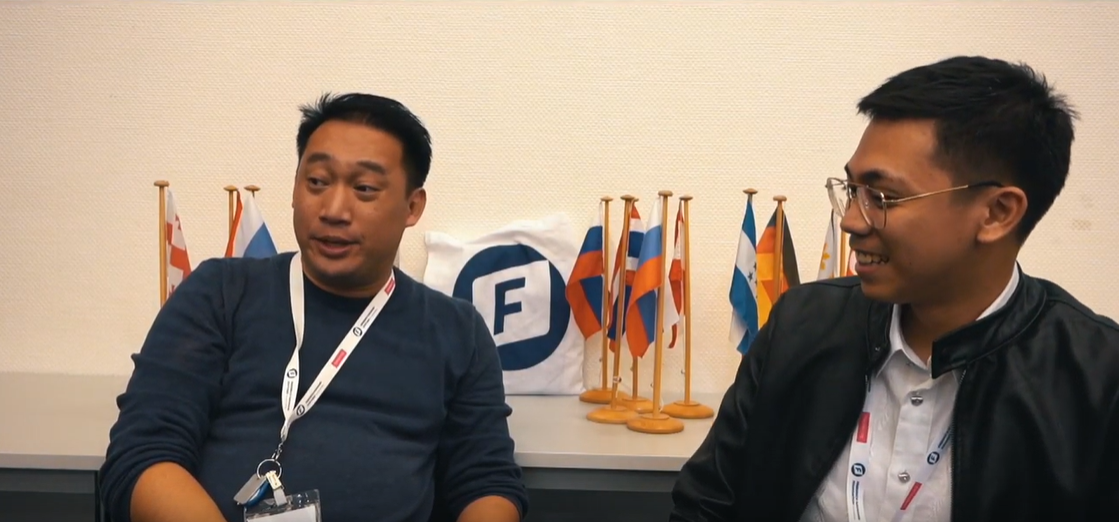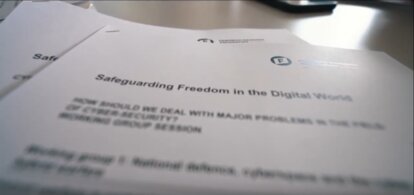Safeguarding Freedom in the Digital World

Digitalisation has opened up a world of opportunity. Today we have access to vast amounts of information, inconceivable 20 years ago. The cost of communication with others has plummeted and is now marginal. The majority of the world’s population has cheap access to the means of communication, hardware, software and the associated services. As far as freedom of expression is concerned, this no longer tends to be the privilege of professionals. Other rights have become easier to enjoy because of digital media: the right to freedom of assembly, the right to education, the ability to enforce and protect one’s right to property more effectively, the right to freedom of belief.
“Everything is connected to the implications of these technologies of the digital world to our freedoms, our individual liberties, and our individual agency.”
But digitalisation and the way it has been implemented also pose serious challenges to freedom as we know it. They are in the news. They include attempts by various governments to control or cordon off the internet, efforts to abolish the principle of net neutrality, the use of social media and associated technologies for hybrid warfare, an increasing readiness to engage in “fake news” and exploiting susceptibilities in this regard, a compartmentalisation of news driven by user preferences, surveillance of internet use, internet security, and restrictions imposed by dysfunctional rules on copyright, to mention only a few.

Safeguarding Freedom in the Digital World is one of the seminars offered by the International Academy for Leadership. Last year, three Filipino participants were selected to participate in this seminar.
Watch the full video below to know more about the IAF experience.
Credits to Gelix Mercader, Mikael De Lara Co and Marc Siapno.